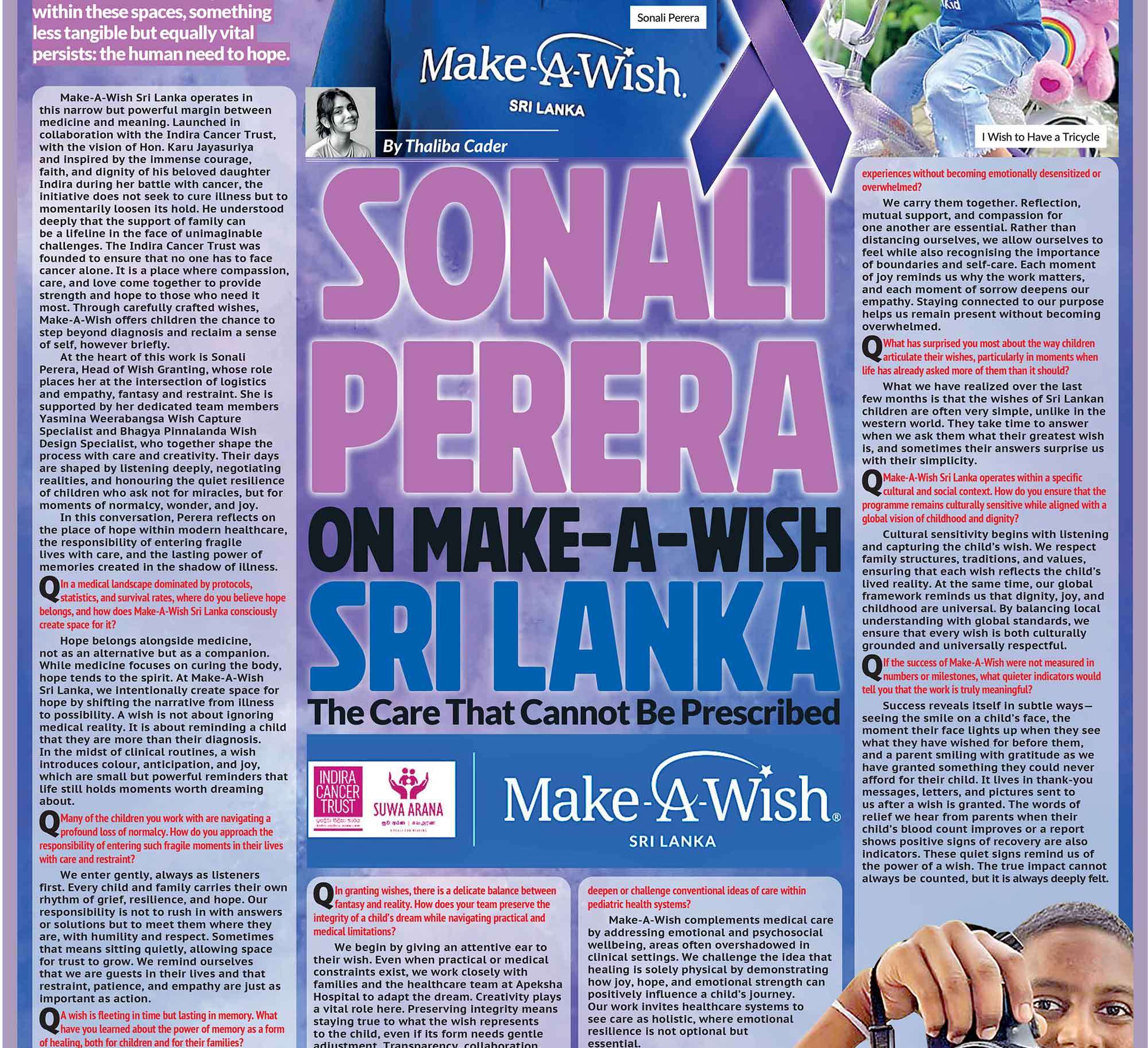
- Medicine is a noble and rewarding field, but only if your heart is in it
- A career in medicine is long and demanding. Without personal interest, it can feel like a heavy burden. But when someone truly wants to become a doctor, family support can be a powerful tool to help them succeed
Becoming a doctor is one of the most respected and admired goals in many parts of the world. For some students, this dream comes from a deep personal desire to help others and work in healthcare. For others, the journey toward medicine begins at home, with the expectations of parents, family traditions, or even social pressure.
01.So, is choosing a medical career a personal dream, or is it a decision influenced by culture and family? The answer is not simple. In many cases, it is a mix of both.
For many students, the decision to study medicine comes from a personal interest in science, healthcare, or the desire to make a difference in people’s lives. Some are inspired by experiences like seeing a loved one suffer from illness, being treated by a kind doctor, or learning about diseases and the human body.
These students often feel a natural passion for the medical field. They are excited by the thought of helping people, saving lives, or researching new treatments. For them, medicine is not just a job, it’s a calling. They are ready to study hard, work long hours, and go through years of training because they believe in the purpose of what they are doing.

02.However, in many cultures, especially in South Asia, Africa, and the Middle East, the decision to study medicine is strongly influenced by family. In these societies, being a doctor is seen as a symbol of success, intelligence, and high status. Parents often encourage, or expect—their children to become doctors, seeing it as a safe and respected career path.
Sometimes, the child comes from a family of doctors, and there is pressure to continue the tradition. Other times, parents believe that a medical career will bring their child a good income, respect in society, and job security. While these hopes may come from love and care, they can also create pressure.
Not every student who studies medicine does it out of personal choice. Some feel forced into it because their parents want them to. They may have other interests—such as art, technology, business, or teaching, but feel they cannot say no.
These students may feel stressed, unhappy, or confused during their studies. They may perform well in school but feel no passion for what they are doing.
03.This can lead to burnout, anxiety, or even dropping out later. In some cases, they complete medical school but never practice medicine, choosing a different path after years of study.
This shows that while family support is important, pushing someone into a career they don’t love can have negative effects.
In many countries, society also plays a big role in shaping career choices. Becoming a doctor is seen as something that brings honor not just to the individual, but to the whole family. Relatives, neighbors, and friends often praise families with children in medical school.
Because of this, parents may feel proud to say, “My son or daughter is becoming a doctor.” Students may also feel pressure to choose medicine not because they want to, but because they don’t want to disappoint their family or be judged by society.
04.This cultural expectation can be powerful, but it’s important to ask: what is more important, living someone else’s dream, or finding your own?
Choosing a career is one of the most important decisions in life. It should be based on your strengths, passions, and what truly makes you happy. That doesn’t mean family support isn’t important, it is. But the best path is when students and parents work together.
Parents should guide their children, give advice, and help them explore options. But they should also listen to their child’s interests and allow space for honest conversations. In return, students should respect their parents’ experience, but also clearly share their own dreams.
05.A career in medicine is long and demanding. Without personal interest, it can feel like a heavy burden. But when someone truly wants to become a doctor, family support can be a powerful tool to help them succeed.
Many students have faced this choice. Some followed the medical path because their parents wanted them to, and later learned to love it. Others realized early that it wasn’t for them and chose a different career, becoming successful and happy in their own way.
06.There are also stories of parents who let go of their own wishes and supported their child’s dream, whether it was to become a teacher, artist, or entrepreneur. In most cases, those children did well, because they were doing something they truly cared about.
So, is choosing medicine a personal dream or a cultural expectation? For some, it is one. For others, it is both. What matters most is being honest, with yourself and with your family. A happy life comes not from just pleasing others, but from finding meaning in what you do every day.
Medicine is a noble and rewarding field, but only if your heart is in it.











